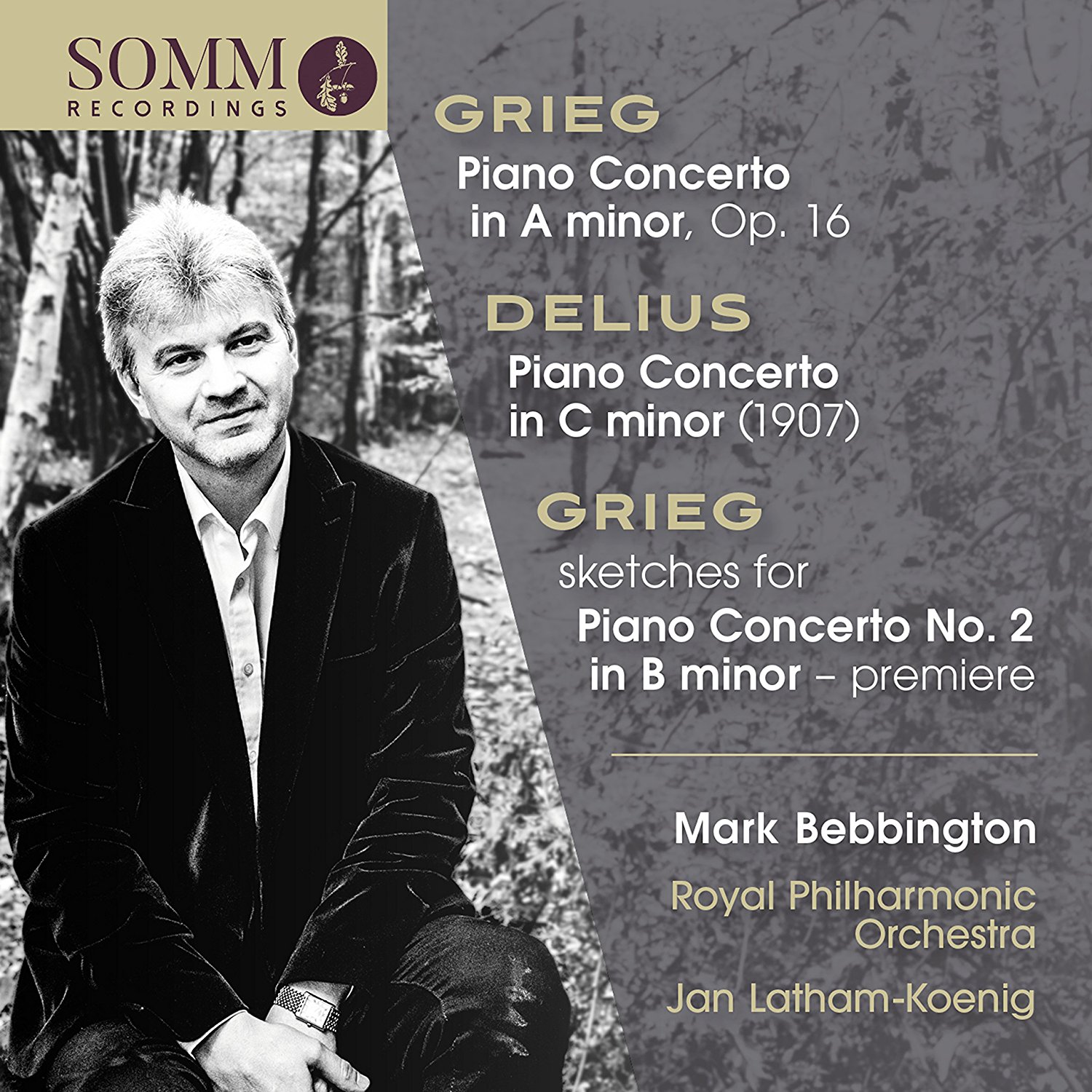 Grieg: Piano Concertos 1 and 2, Delius: Piano Concerto Mark Bebbington, Royal Philharmonic Orchestra/Jan Latham-Koenig (Somm)
Grieg: Piano Concertos 1 and 2, Delius: Piano Concerto Mark Bebbington, Royal Philharmonic Orchestra/Jan Latham-Koenig (Somm)
I’m not a big Delius fan – those exquisitely perfumed miniatures don’t quite do it for me, and the tone poems leave me cold. Shouldn't a composer who led such an interesting life have written more striking music? Still, I defy anyone not to be moved by Ken Russell’s haunting BBC dramatisation of Delius’s last years, and pianist Mark Bebbington’s new account of his Piano Concerto has wowed me. In three linked sections and closing with a reprise of the opening movement, it's a headily enjoyable work. Occasional moments of rhythmic lumpiness are offset by passages of real beauty. The slow middle section is gorgeous, the rhapsodic piano writing set against hazy strings and evocative wind writing. Dive in: this is a superbly accomplished performance from a pianist who clearly believes in the piece, and Jan Latham-Koenig’s Royal Philharmonic players offer suitably refulgent backing.
The same team throw in a winning rendition of Grieg’s indestructible piano concerto, an apt coupling given the friendship between Grieg and Delius. This work is difficult to mess up. Bebbington's rhythmic sharpness makes for exciting outer movements, though he's not quite as poetic as Jean-Efflam Bavouzet on a recent Chandos CD. The main attraction of Bebbington's account will be one of the fillers: Robert Matthew-Walker’s performing edition of the sketches left by Grieg for a second concerto. The addition of a timpani roll and tutti crash to the very opening doesn't do the fragment any favours. It's like hearing a series of catchy, improvised doodles. Fun, and pleasing to hear, but you're left wondering what Grieg would have kept had he not abandoned the piece. Three Delius piano preludes and Peter Warlock's effective piano duet transcription of On hearing the first cuckoo in Spring are also thrown in, Irene Loh joining Bebbington for the latter. Recorded sound is a bit boomy and diffuse, but this is an enjoyable disc.
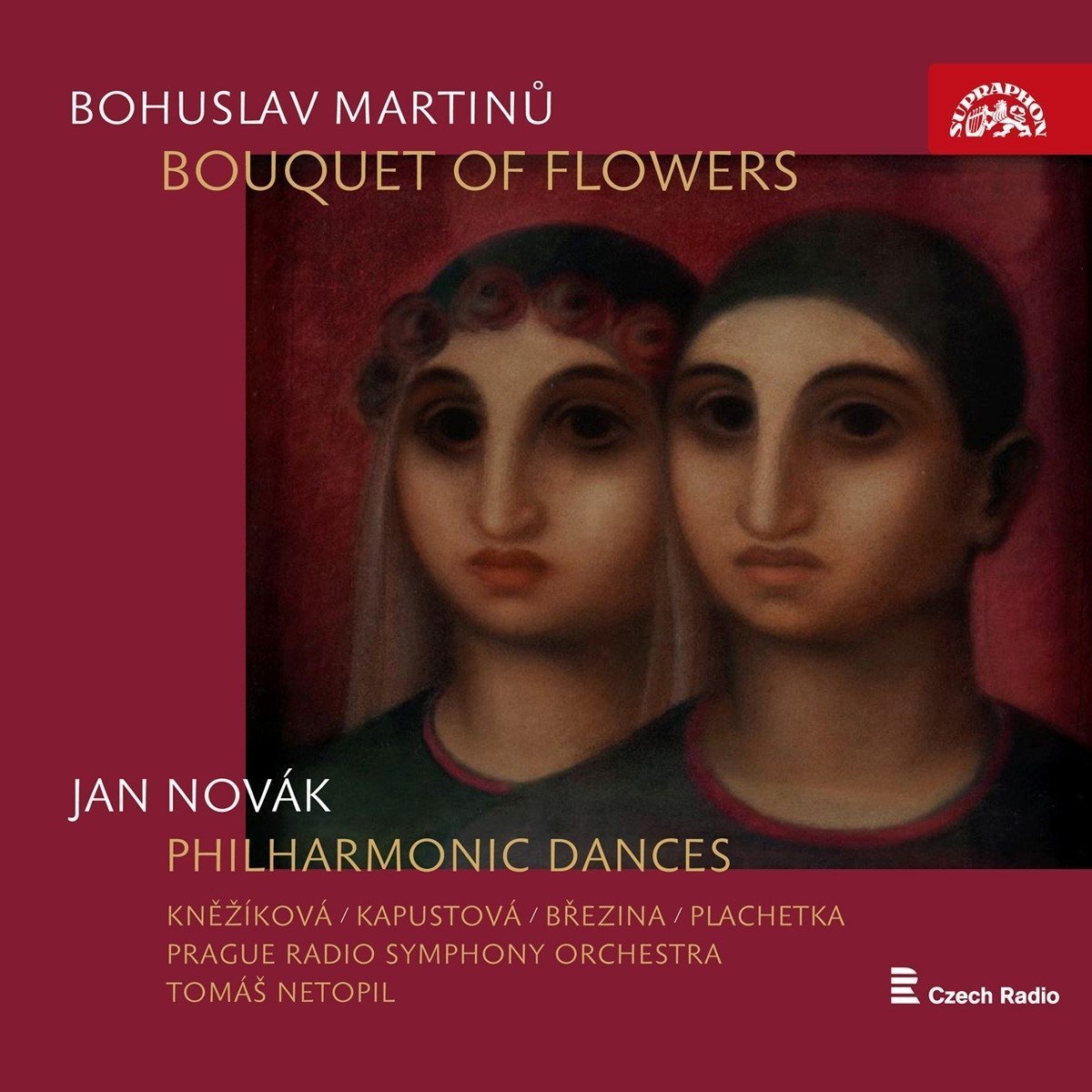 Martinů: Bouquet of Flowers, Novák: Philharmonic Dances Prague Philharmonic Choir, Prague Philharmonic Children’s Choir, Prague Radio Symphony Orchestra/Tomáš Netopil (Supraphon)
Martinů: Bouquet of Flowers, Novák: Philharmonic Dances Prague Philharmonic Choir, Prague Philharmonic Children’s Choir, Prague Radio Symphony Orchestra/Tomáš Netopil (Supraphon)
Bouquet of Flowers could be the title of an insipid pastorale by someone like, er, Delius (see above), but no: this is a large scale Martinů cantata setting texts from Moravian folk poetry. Commissioned by Czech Radio and premiered in 1938, it's extraordinary stuff, the words clad in bright, percussive colours which recall Stravinsky’s Les Noces and Orff’s Carmina Burana. Following the vocal numbers with texts is a necessity, if just to relish how well Martinů's music fits the mood. There's a chilling moment a few minutes into the first number when fratricide is in the air: the score abruptly darkens and halts before continuing. There's real depth of feeling in the introspective numbers: the exquisite acapella singing at the start of “His Kind Sweetheart” is startling. Best of all is the extended final section, “Man and Death”, a bittersweet reflection on mortality. Wheezy harmonium chords work their spell, and the soft close is tear-jerking. A genuinely wonderful piece, and one which poor Martinů never got to hear live. He’d have appreciated you buying this superb performance, with soloists, choirs and orchestral forces under Tomáš Netopil performing as if possessed.
The coupling is another rarity: the first studio recording of Jan Novák’s 1956 Philharmonic Dances. Like the older composer, Novák was a cosmopolitan figure, one who received tuition from Copland at Tanglewood and studied with his fellow Czech (his “divine tutor”) in post-war New York. He opted to return to Czechoslovakia in 1948, though when the Soviet bloc invaded in 1968 Novák was on tour in Italy and chose to remain in the West. The three folk-inspired dances are deceptively weighty numbers, superbly orchestrated. The last one closes magnificently, brass ringing out over scurrying strings like a Slavonic remix of Britten's Young Person’s Guide. Quite brilliant – purchase forthwith.
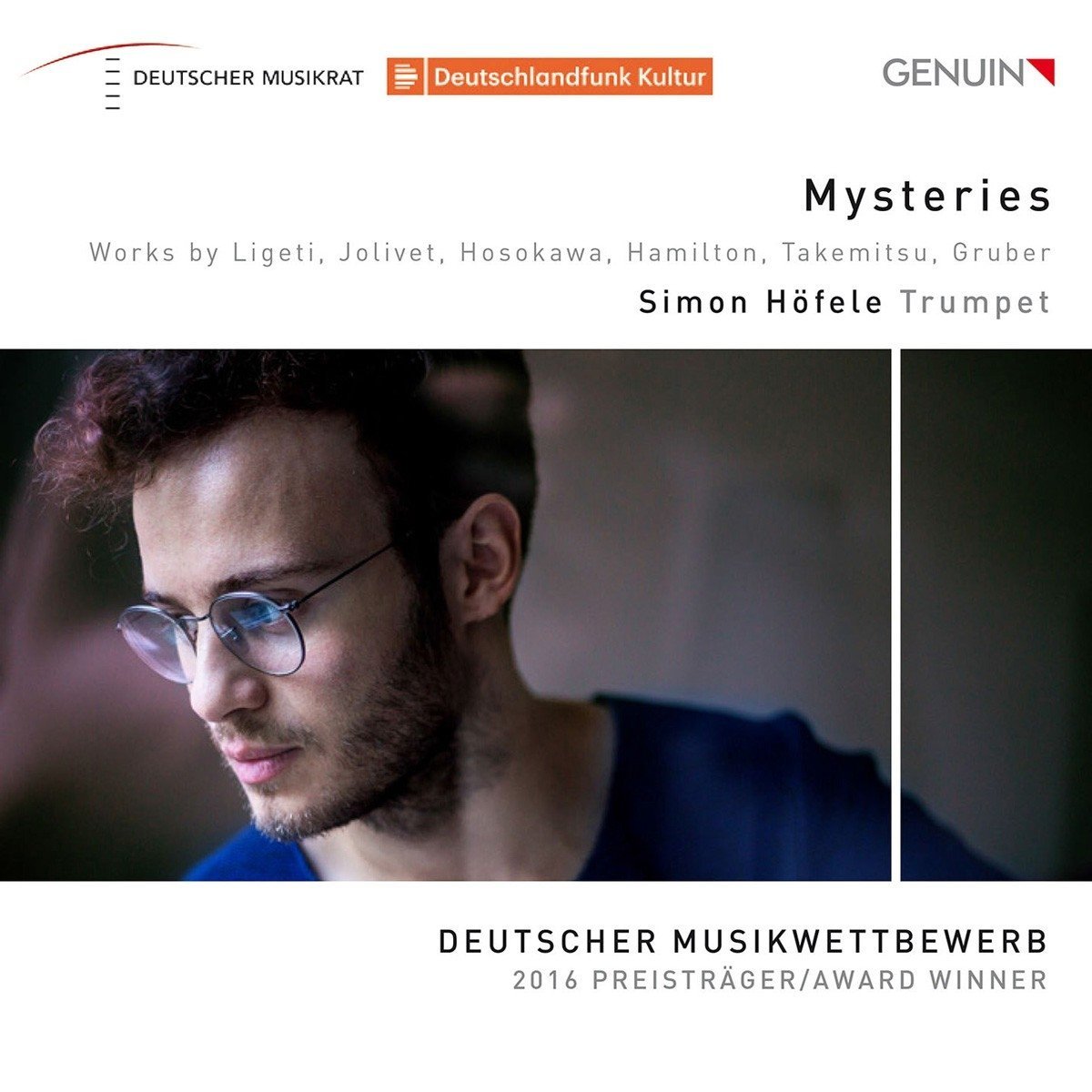 Simon Höfele (trumpet): Mysteries – music by Ligeti, Jolivet, Takemitsu and Gruber (Genuin)
Simon Höfele (trumpet): Mysteries – music by Ligeti, Jolivet, Takemitsu and Gruber (Genuin)
You'll know within seconds if this anthology of modern trumpet music is for you. Ligeti’s Mysteries of the Macabre was arranged from the opera by composer (and former trumpeter) Elgar Howarth. Simon Höfele’s trumpet sings, snarls and screeches, accompanied by vocal interjections (presumably provided by pianist Eriko Takezawa and percussionist Kai Strobel). It gives a real flavour of the original, besides being genuinely entertaining. Höfele doesn’t smooth over the sharp edges: this is thrilling brass playing. André Jolivet’s 1971 Heptade is an irresistibly funky seven-movement suite for trumpet and percussion, at times sounding like an outré film score. Strobel dazzles along with Höfele: both this and the Ligeti should have been included on a bonus DVD.
Toshio Hosokawa's Im Nebel and Takemitsu’s Paths are models of restraint in comparison, the latter an eloquent, melodic tribute to Lutoslawski. Scottish composer Iain Hamilton’s Five Scenes are astringent in the extreme, though the two soft “Nocturnal” movements offer some respite, and Höfele makes them sing. HK Gruber's Exposed Throat closes proceedings, an exhilarating display of contemporary playing techniques. All oddly compelling, and invariably entertaining. Beautifully recorded and produced, though there's frustratingly little information about the pieces chosen.







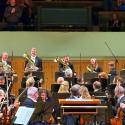
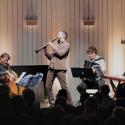


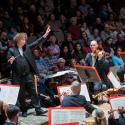
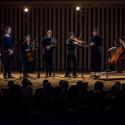
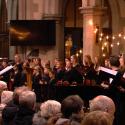
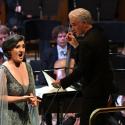
Add comment